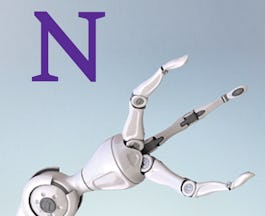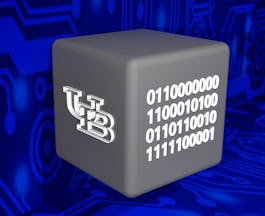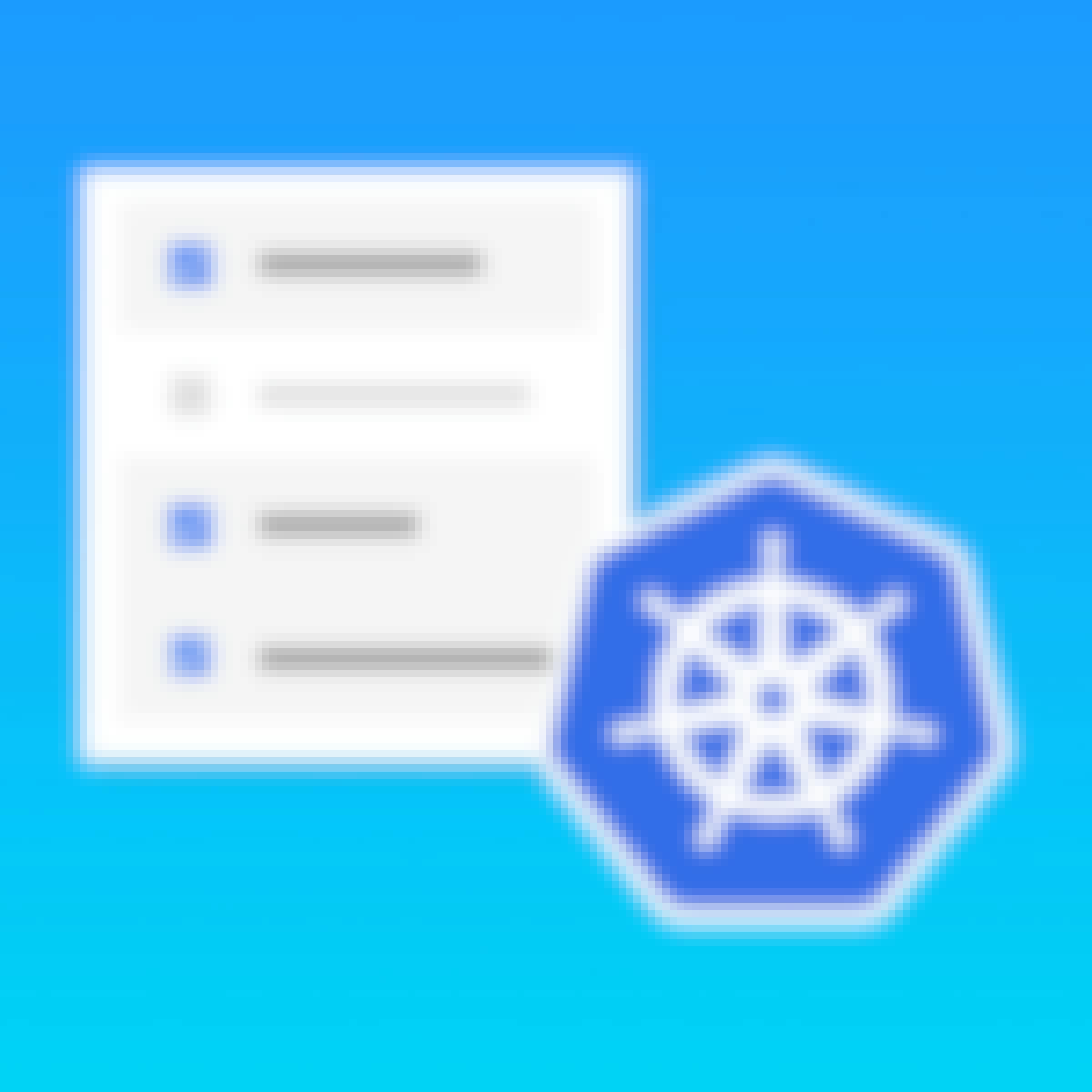Filter by
The language used throughout the course, in both instruction and assessments.
5,125 results for "korean"
 Status: Free
Status: FreeNorthwestern University
 Status: Free
Status: FreeNorthwestern University
 Status: Free
Status: FreeNorthwestern University

Google Cloud
Skills you'll gain: Machine Learning
 Status: Free
Status: FreeUniversity at Buffalo

Google Cloud

Peking University

Skills you'll gain: Docker (Software), Kubernetes

Google
Skills you'll gain: Linux

Google
Skills you'll gain: Linux

Shanghai Jiao Tong University
Skills you'll gain: Communication, Culture

JetBrains
Skills you'll gain: Computer Programming, Programming Principles, Algorithms, Data Structures, Problem Solving, Computational Logic, Mathematics, Software Engineering
In summary, here are 10 of our most popular korean courses
- 현대 로봇공학, 강좌 5: 로봇 매니퓰레이션 및 차륜형 이동 로봇: Northwestern University
- 현대 로봇공학, 강좌 4: 로봇 동작 계획 및 제어: Northwestern University
- 현대 로봇공학, 강좌 1: 로봇 동작의 기초: Northwestern University
- Introduction to Large Language Models: Google Cloud
- 블록체인의 기초: University at Buffalo
- Architecting with Google Compute Engine 한국어: Google Cloud
- Chinese for HSK 3 PART I: Peking University
- Getting Started with Google Kubernetes Engine - 한국어: Google Cloud
- 운영체제와 나: 고급 사용자 되기: Google
- 기술 지원 기초: Google










